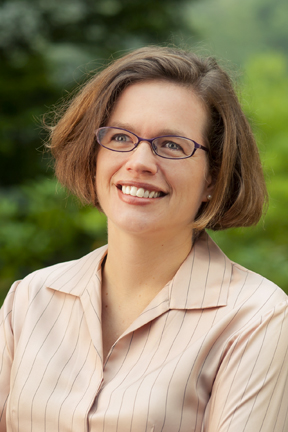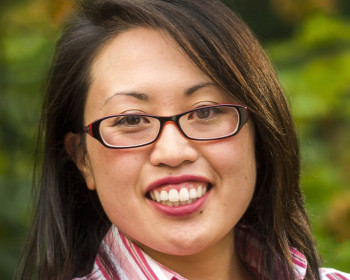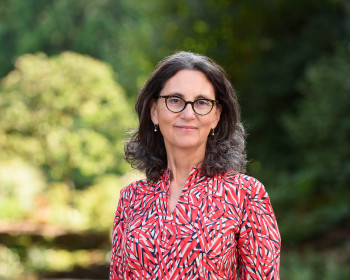Team of Scholars Collaborate to Improve Teaching and Learning
Open gallery

A team of scholars from around the country—including Associate Professor of Chemistry Anne Bentley—is embarking on a $1,110,260 project, “Collaborative research: Improving inorganic chemistry education through a community-developed student-centered curriculum”. Supported by a grant from the National Science Foundation’s (NSF) IUSE Program and under the direction of Principal Investigators Joanne Stewart at Hope College, Barb Reisner at James Madison University, and Jeff Raker at the University of South Florida, this five-year project aims to improve teaching and learning in inorganic chemistry. The stated objective of NSF’s IUSE Program (Improving Undergraduate STEM Education) is “increasing the number and diversity of STEM students, preparing students well to participate in science for tomorrow, and improving students’ STEM learning outcomes.”
This proposed project grew out of the Interactive Online Network of Inorganic Chemists (IONiC), founded to advance inorganic chemistry education and led by 11 faculty at predominantly undergraduate institutions. As a co-PI, Dr. Bentley will help her team of colleagues develop a modular framework grounded in active learning practices. Based on the latest advances in inorganic chemistry research, the team will develop new curricular materials and disseminate them via www.ionicviper.org, a pedagogical website for inorganic chemists. The team will also organize and host annual faculty development workshops that focus on faculty change, and the impact of faculty change on student learning, to improve curriculum materials and teaching effectiveness.
Learn more about Dr. Bentley’s research here and this NSF award here.
More Sponsored Projects and Research Compliance Office (SPARC) Stories
Sponsored Projects and Research Compliance is located in room 208 of Albany on the Undergraduate Campus.
MSC: 47
email sponsres@lclark.edu
voice 503-768-7211
SPARC uses a team email, so please email sponsres@lclark.edu
with questions or if we can be of assistance.
Assistant Vice President
Kelly L. DelFatti, CRA
503-768-7211
delfatti@lclark.edu
Research Administrator
Jessica Sweeney, MA
503-768-7193
jessicasweeney@lclark.edu
Sponsored Projects and Research Compliance
Lewis & Clark
615 S. Palatine Hill Road MSC 47
Portland OR 97219

